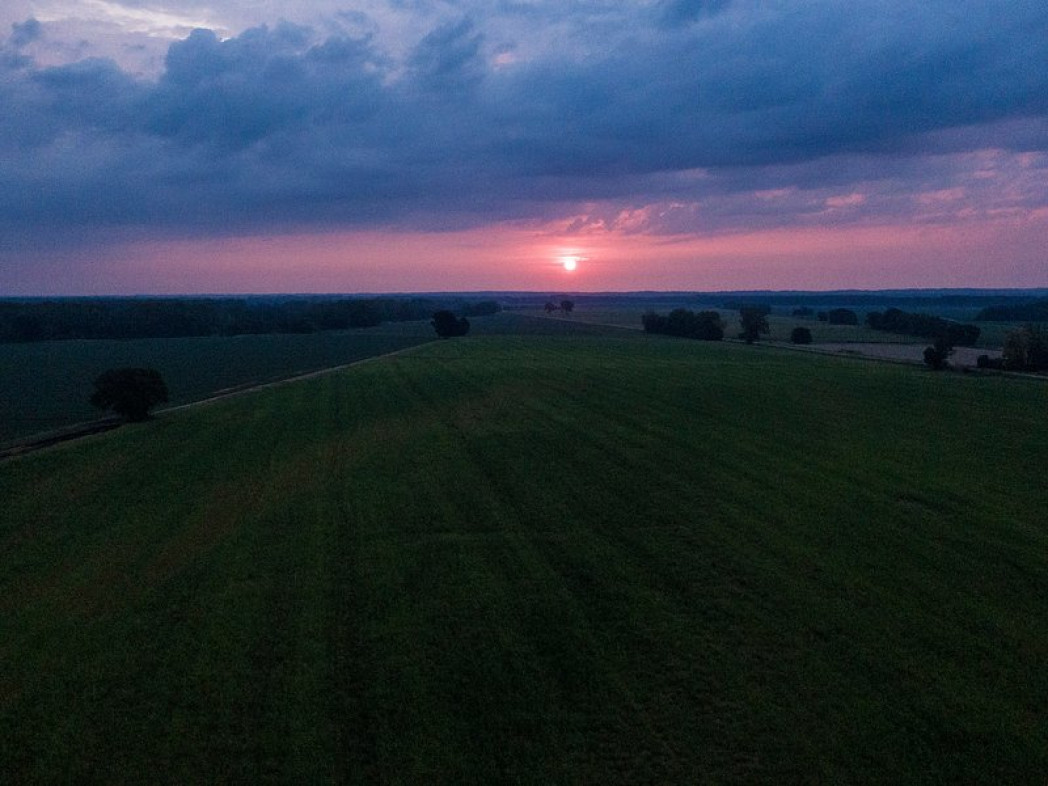
Fragile Areas 2025 conference: an opportunity to put the margins at the center
The Fragile Areas Association aims to promote the community of practice on fragile areas that unites academic researchers with practitioners, policy makers and activists. Study and action are aimed at promoting understanding of environmentally and socially fragile areas, with a focus on rural areas, and issues of socio-territorial marginality. It collaborates with public, private and nonprofit entities working on the same issues according to a network model.
The most general reference is the National Strategy for Inner Areas (SNAI). The SNAI represents a national policy aimed at promoting development and territorial cohesion in contexts of greater geographic marginality, where the phenomena of demographic decline are strongest. The key principles are multilevel local governance, integrated approach and place-based policies. Inland areas are identified as those municipalities where there is a shortage of essential services such as schools, health facilities, social and cultural infrastructures.
In 2022, the Province of Bolzano also joined SNAI with the recognition of two inland areas in the South Tyrolean territory (Val D´Ultimo-Alta Val di Non-Tesimo-Lana and Alta Val Venosta). These territories will be included in the national strategic plan with the aim of intervening in key areas such as education, mobility, social and health services.
The 2025 Fragile Areas conference kicked off with a talk dedicated to narrating the role of women in the redemption of the most marginal communities, echoing van der Berg´s Reconstructive social theory that aims to give voice, through land sociology, to good practices. Caring for the land, for people and for communities is the common thread that united the interventions that took place over the two days, which can be summed up in Elena Paglierini's (CNR) phrase: “if the hands of a man-artisan are hands that think, the hands of a woman-artisan are hands that love.”
Alessandra Piccoli, a researcher at the Competence Center for Cooperative Management, brought a contribution dedicated to South Tyrol and women farmers promoting silent innovation based on organic farming, short supply chains and networking. What emerges from their stories, motivations and lived experiences is a transformative capacity, intertwined with the survival of small-scale agricultural enterprises. In some cases, the insistence on the preservation of the environment, knowledge and traditional practices is predominant. In others there is a definite social, cultural and political vision of collective and participatory land management. The way in which these women pioneer their agricultural activities circumvents the physical boundaries of their fields, the social boundaries imposed by a codified role of women and the political-economic limits assigned to women farmers, to become agents of sometimes radical, more often silent, change.